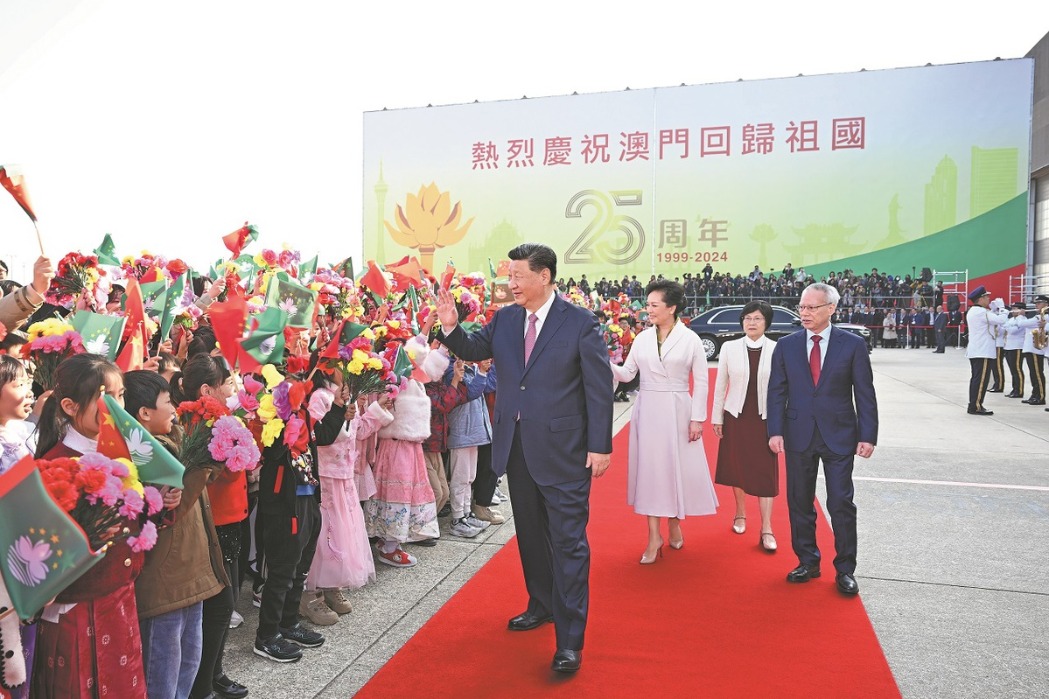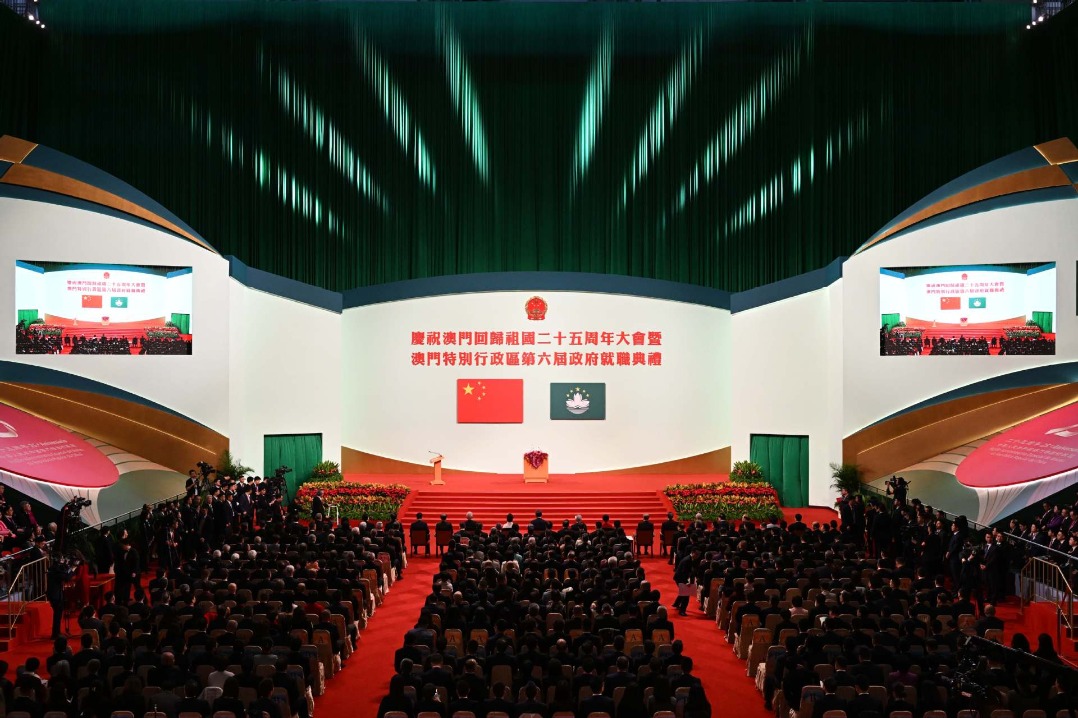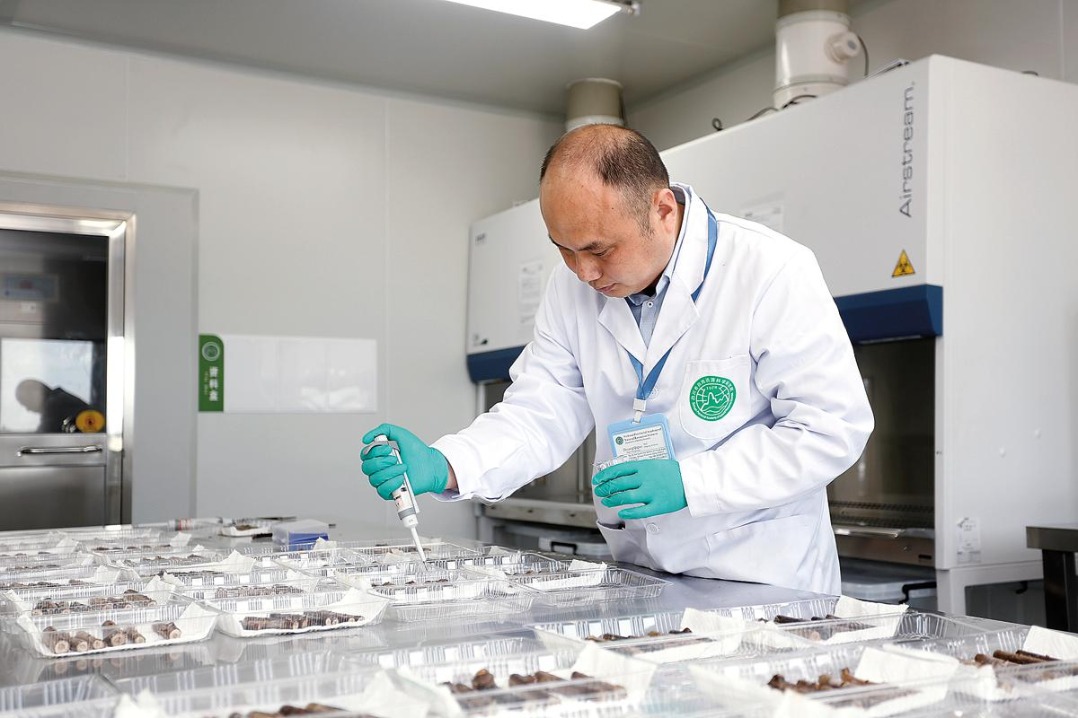Beijing increases funding for hospitals

New programs subsidized; government to keep lid on healthcare cost increases
China has been increasing financial support for the healthcare sector to guarantee all citizens affordable and proper medical services, according to senior finance and health officials.
The central government has earmarked more than 1.4 trillion yuan ($205 billion) this year for healthcare, Song Qichao, deputy director of the Ministry of Finance's Social Security Department, said at a joint news conference on Thursday with the National Health and Family Planning Commission.
That accounts for 7.2 percent of government expenditures, he said, up from about 5 percent in 2008.
"We see healthcare as an important sector that affects people's livelihoods, and we will continue to increase financial support," Song said.
The latest round of changes is a continuation of nationwide healthcare reforms that started in 2009 to eliminate irregularities, particularly in drug distribution and pricing, and to ensure public access to proper and affordable medical services.
The government investment has helped the country achieve universal healthcare by extending health insurance policies to the rural population and urban unemployed, who previously had no coverage at all.
The two new programs are largely subsidized by the government, and people can participate on a voluntary basis, with users paying a reasonable premium.
For instance, the government is allocating 450 yuan for each participant this year, up 30 yuan from 2016, according to Liang Wannian, head of the commission's Medical Reform Department.
The premium paid by the participant varies by region but is less than the government's contribution, he added.
Liang said the government had increased its allocation for each participant for eight consecutive years.
At the same time, he said, the government would strictly curb improper increases of medical costs.
The average annual increase in medical costs at public hospitals, he said, has to be kept under 10 percent. To meet that goal, the commission has been pushing reforms of public hospitals. That includes ending a longtime policy of marking up drug prices, which led to over-prescriptions and unnecessary treatments, and wasted the money of patients and insurance programs.
Last month, Beijing led the way by scraping drug price markups at all public hospitals, and all hospitals nationwide will follow suit by the end of September, ang said. Government funds will support the hospitals, he added.
shanjuan@chinadaily.com.cn
- Fallen crane causes collision on Shanghai metro line
- Death anniversary of Canadian surgeon Norman Bethune commemorated in China
- 1,200 punished for misusing school meal program funds
- China's strong opposition against US arm sales to Taiwan
- Yellow River Basin sees improved ecological environment
- GBA turns into dynamic growth engine for new quality productive forces




































